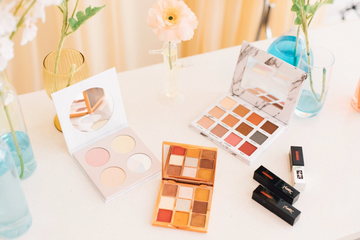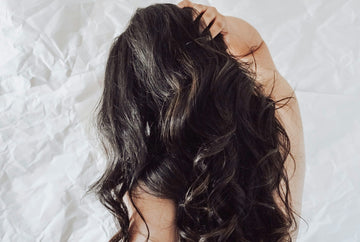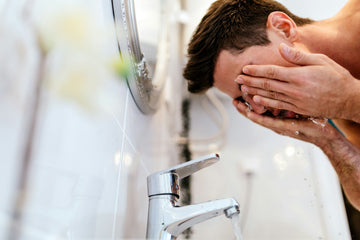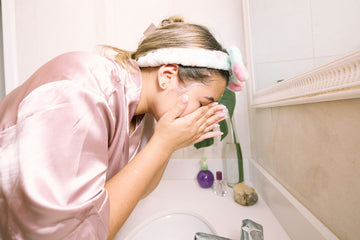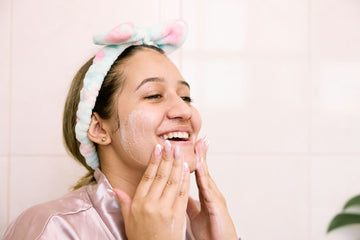Makeup is a powerful tool that allows you to enhance your natural beauty, boost your confidence, and express your creativity. Whether you're a makeup artist or a complete beginner, mastering the fundamentals of makeup application is essential. In this article, we will delve into the basic products every makeup artist should have and provide useful tips and strategies for beginners looking to explore the world of makeup.
The Basic Makeup Kit
1. Primer: A good makeup application starts with a clean canvas. Primer helps to create a smooth base for makeup, minimizes the appearance of pores, and helps makeup last longer.
2. Foundation: Choose a foundation that matches your skin tone and type. It evens out your complexion and provides a base for the rest of your makeup.
3. Concealer: Concealer is used to cover blemishes, dark circles, and imperfections. It should be a shade or two lighter than your foundation.
4. Powder: Setting your makeup with a translucent or colored powder helps control shine and keeps your makeup in place.
5. Blush: Blush adds a healthy flush of color to your cheeks, giving your face a lively and radiant appearance.
6. Eyeshadow: A basic eyeshadow palette with neutral shades is great for everyday looks. You can experiment with more colorful options as you gain confidence.
7. Eyeliner: Eyeliner defines your eyes and can be used to create various looks, from subtle to dramatic.
8. Mascara: Mascara enhances your lashes, making your eyes appear more open and expressive.
9. Eyebrow Products: Eyebrows frame your face. Use pencils, gels, or powders to fill in and shape your brows.
10. Lipstick/Lip Gloss: Lip color adds the finishing touch to your makeup look. Choose shades that complement your skin tone.
Makeup Application Tips for Beginners
1. Cleanse and Moisturize: Start with a clean, moisturized face. This ensures a smooth application and prevents makeup from settling into fine lines.
2. Less is More: Begin with a light hand. You can always add more product if needed, but it's challenging to remove excess makeup without starting over.
3. Blend, Blend, Blend: Whether you're applying foundation, eyeshadow, or blush, blending is key. Use brushes, sponges, or your fingers to achieve a seamless finish.
4. Invest in Quality Tools: Good-quality brushes and sponges make a significant difference in makeup application. They help distribute products evenly and blend effortlessly.
5. Practice Makes Perfect: Don't be discouraged if your first attempts don't turn out as expected. Makeup is an art, and like any art form, it takes practice to improve.
6. Eye Shape Matters: Pay attention to your eye shape when applying eyeshadow and eyeliner. Different techniques work for different eye shapes.
7. Set Your Makeup: After completing your makeup, set it with a setting spray or powder to make it last longer throughout the day.
Makeup Strategy for Beginners
1. Start with the Basics: Begin with a simple, everyday makeup routine before venturing into more complex looks. This allows you to build confidence gradually.
2. Tutorials and Guides: There are countless makeup tutorials and guides available online. Watch and learn from experts and fellow makeup enthusiasts.
3. Experiment: Don't be afraid to experiment with colors and techniques. Makeup is an art form, and it's all about self-expression.
4. Skincare Matters: Healthy skin is the foundation of great makeup. Develop a skincare routine that suits your skin type and concerns.
5. Keep It Clean: Regularly clean your makeup brushes and tools to prevent the buildup of bacteria and ensure a flawless application.
Makeup application is an art that can be enjoyed by makeup artists and beginners alike. By understanding the basic products and following the tips and strategies outlined in this article, you can embark on your makeup journey with confidence. Remember, makeup is a creative outlet, so have fun, express yourself, and let your inner artist shine!
News
The Fundamentals of Applying Makeup: A Beginner's Guide
